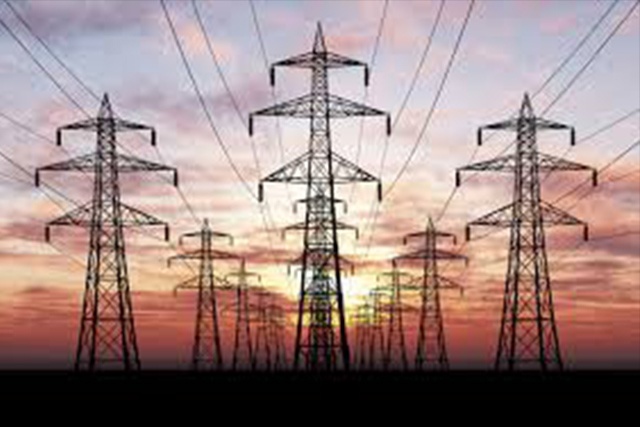The Central Electricity Regulatory Commission, which had effectively been shut down for September following a Supreme Court order, might yet start functioning a little sooner, with the government set to file a review petition, according to reports. We had reported how, since the order on August 28 last month, when the Supreme Court asked the two existing members to proceed on leave till a member- law was appointed, the CERC effectively stopped functioning. This has led to the expected build-up of cases, as the CERC typically was doing 60-75 hearings per month on different cases. As the sole authority with specific jurisdiction over many aspects of issues in the power sector, like central government power generators, etc, the shutdown was leading to huge problems. Predictably, the government has finally been forced to move to alleviate the problems caused.
The rethink has apparently been prompted after the realisation that appointing the member-law will take longer than expected. Earlier, the government representative had promised a revert by Sept 25, the next date of hearing.
After a previous advertisement in April 2019 failed to lead to the selection of a candidate for the CERC, the power ministry has now re-issued the job vacancy circular for member-law in CERC on August 1. The ministry hopes to complete the process by October end at best this time. The deadline for applying was September 11. The SC has laid down that a member of the Commission shall be a person, who is, or has been holding a judicial office or is a person possessing professional qualifications with substantial experience in the practice of law, who has the requisite qualifications to have been appointed as a Judge of the High Court or a District Judge.
The government had based its decision to go ahead with the two other member appointments without the member-law, on the basis of an opinion from the attorney general. The attorney general had depended on his interpretation of Section 77 1 (a) of the Electricity Act, which provides for the appointment of member engineering, and Section 77 1 (b) related to the appointment of member-finance should be complied with as and when vacancies arise.
The case has some history to it. as the Supreme Court had directed state electricity commissions back in April 2018 to appoint a member from the field of law with qualifications of a high court or district judge to state regulatory commissions.
Commenting on the possibility of a review petition, advocate Ravi Sharma, who had filed the suit in the SC, says that ” In my opinion,if the central government had apologised in their counter affidavit, then the SC might have accepted their plea and this situation would not have arisen”. In effect warning against a review, especially if the Sept 25 promise made in the last hearing is not fulfilled.



































